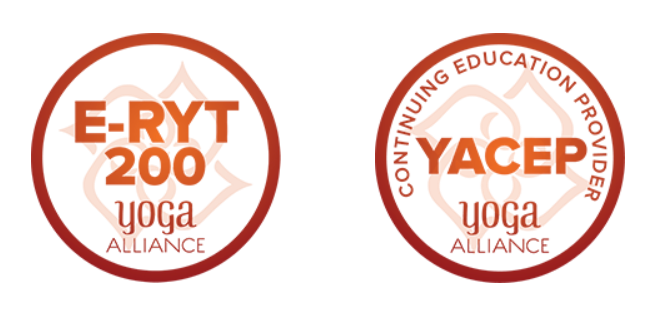
Course Description
Have you ever wondered why most people think that yoga means “union,” even though for Patañjali it meant “separation”? This course looks closely at the Aparokṣānubhūti, whose 144 verses provide a concise and accessible entry into nondual Advaita philosophy, while incorporating dualistic Yoga teachings into the Vedāntic system. Although attributed to the eighth-century Śaṅkarācārya, the Aparokṣānubhūti was more likely written between the late-fifteenth to mid-sixteenth century, on the early side of the Advaitic response to the growing popularity of haṭhayoga. In this text, yoga is introduced to help develop the discernment (viveka) required for the ultimate Advaitic realization of the oneness of ātman and brahman—the individual and universal self.
The Aparokṣānubhūti integrates a unique fifteen-part system of rājayoga that includes a version of Patañjali’s eight components, redefined in terms of redefined brahman, which leads to samādhi (meditative absorption) and ultimately to immediate awareness of the self, as its title suggests. However, throughout this inquiry, there is the constant reminder in the Aparokṣānubhūti that the body is only meant to be a vehicle to get “beyond the body.” The final verses of the text, which may be a later addition, suggest haṭhayoga as alast resort for those whose afflictions have not been fully burnt. The main commentary on the Aparokṣānubhūti—the Dīpikā—attributed to the fourteenth-century Vidyāraṇya, though probably written a few centuries later, unusually equates that haṭhayoga with the yoga of Patañjali.
In this course, we will look closely at the entire text of the Aparokṣānubhūti, as well as contextualize it in relation to contemporaneous haṭhayoga texts, in order to understand how and why Yoga and Advaita have been integrated together over time. We will explore the way in which Advaitic concepts, such as nididhyāsana (contemplation), were expanded over time to include practices, which allowed for the incorporation of Yoga into Advaita, for the purpose of addressing the ripe (prārabdha) karma of those who have not yet attained realization. We will conclude by briefly looking at how this has manifested in modern yoga, where the teachings of Yoga, Sāṃkhya, and Vedānta have become inextricably intertwined. All levels are welcome.

The Aparokṣānubhūti in Translation
No prior study of Sanskrit is required, and no textbook is required for purchase. We will be using Dr. Zöe Slatoff's translation of the Aparokṣānubhūti from her unpublished doctoral thesis.
Students Will Receive:
- 12 Pre-recorded class sessions (90 min each)
- 5 ACP Credits
- 18 Hours of CE credit with YA
- Course Syllabus (PDF)
- Translation of the Aparokṣānubhūti and additional recommended readings (PDF)
- 6 Multiple Choice Quizzes
- Yogic Studies Certificate (PDF)
- Access to the private Community Forum
Dr. Zoë Slatoff
Clinical Professor of Sanskrit, Loyola Marymount University
Zoë Slatoff has a Ph.D. in Religion and Philosophy from Lancaster University in the U.K. and an M.A. and B.A. in Asian Languages and Cultures from Columbia University. She is the Clinical Professor of Sanskrit at Loyola Marymount University in Los Angeles, where she teaches Sanskrit and Yoga Philosophy courses in the Yoga Studies M.A. program, as well as undergraduate courses through the Theology department. Her Ph.D. dissertation—which she is working on turning into a book—was an exploration of the intersection of Yoga and Advaita over time, centering around a translation of the Aparokṣānubhūti and its commentaries. Zoë is also the author of Yogāvatāraṇaṃ: The Translation of Yoga, a Sanskrit textbook based on classic yoga texts, which integrates traditional and academic methods of learning, from which she teaches.
This course is eligible for 18 hours of Continued Education (CE) credits with Yoga Alliance

Stay Informed
Sign up for the Yogic Studies mailing list to find out first about upcoming courses, podcast episodes, promotions, events, and the latest research delivered straight to your inbox.


